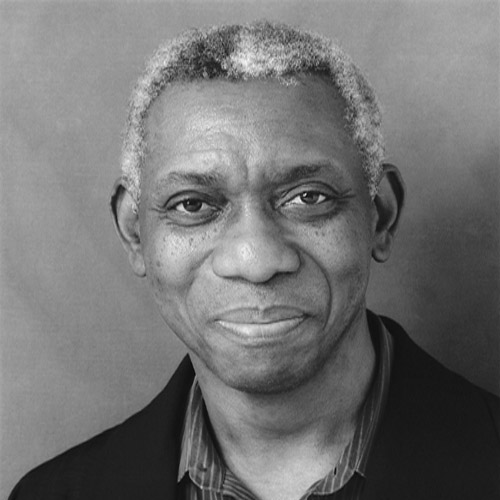the need gotta be
so deep words can't
answer simple questions
all night long notes
stumble off the tongue
& color the air indigo
so deep fragments of gut
& flesh cling to the song
you gotta get into it
so deep salt crystalizes on eyelashes
the need gotta be
so deep you can vomit up ghosts
& not feel broken
till you are no more
than a half ounce of gold
in painful brightness
you gotta get into it
blow that saxophone
so deep all the sex & dope in this world
can't erase your need
to howl against the sky
the need gotta be
so deep you can't
just wiggle your hips
& rise up out of it
chaos in the cosmos
modern man in the pepperpot
you gotta get hooked
into every hungry groove
so deep the bomb locked
in rust opens like a fist
into it into it so deep
rhythm is pre-memory
the need gotta be basic
animal need to see
& know the terror
we are made of honey
cause if you wanna dance
this boogie be ready
to let the devil use your head
for a drum
Published:
1989
Length:
Regular
Literary Movements:
Civil Rights Movement
Anthology Years:
Themes:
Ars Poetica
Joy & Praise
Poems of Place
Literary Devices:
Alliteration
the repetition of the same letter or sound at the beginning of words appearing in succession
Anaphora
a figure of speech in which words repeat at the beginning of successive clauses, phrases, or sentences
Assonance
The repetition of similar vowel sounds that takes place in two or more words in proximity to each other within a line; usually refers to the repetition of internal vowel sounds in words that do not end the same.
Simile
a comparison between two unlike things using the words “like” or “as”

